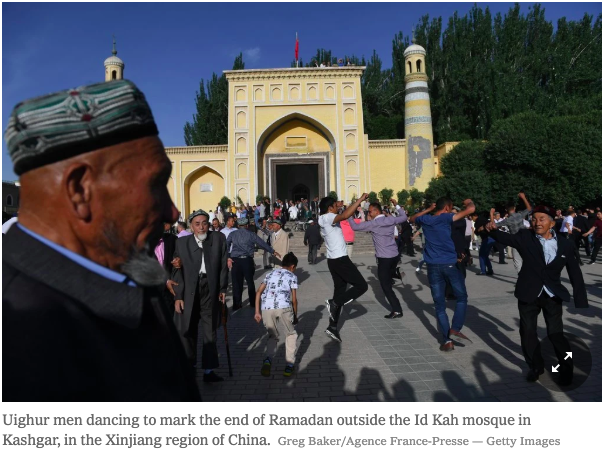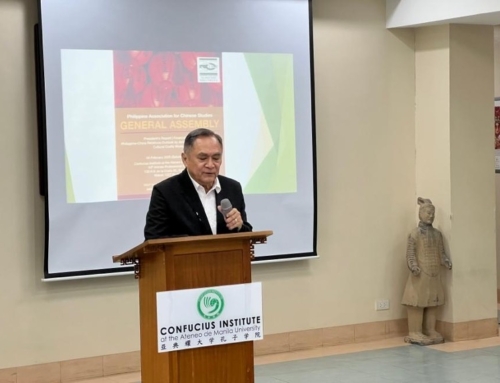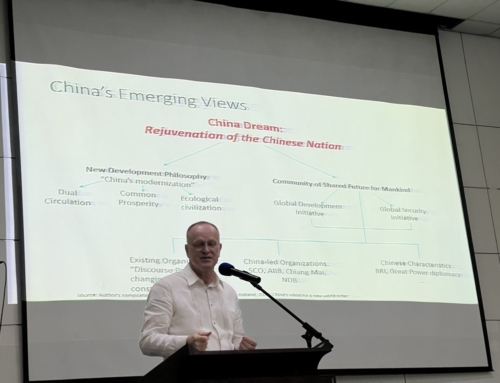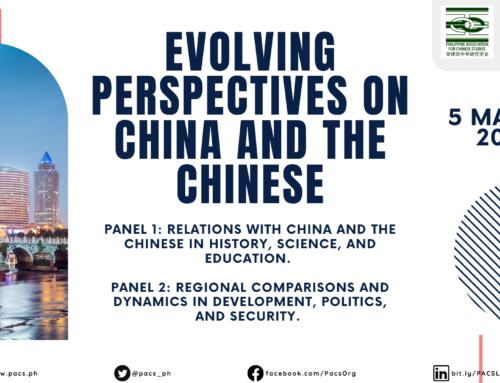Skip to content
Home/China/What Xi Jinping Hasn’t Learned From China’s Emperors
What Xi Jinping Hasn’t Learned From China’s Emperors
On the occasion of the 70th anniversary of the People’s Republic of China (P.R.C.) on Oct. 1, the party-state has much to celebrate: an unprecedented record of economic development, world-class education and technological innovation, an increasingly prominent position on the world stage. But even as the authorities go to extreme lengths to assure a triumphant birthday parade, the Chinese Communist Party (C.C.P.) faces its most intense international criticism since 1989, when it killed hundreds of unarmed protesters in the heart of Beijing, at Tiananmen Square. Thirty years later, international concern is focused on China’s peripheries: Xinjiang and Hong Kong.
Both are thorns in the C.C.P.’s side, as is Tibet, where a dispute over who will succeed the elderly Dalai Lama could reawaken mass dissent, and Taiwan, where popular support is rising for a president who challenges Beijing’s view that the island is an integral part of China. Despite the C.C.P.’s claims, these challenges are not the doing of “hostile foreign forces,” “separatists” or “thugs” stirring up trouble in these territories. Rather, they result from the fact that when the C.C.P. came to power 70 years ago, it took over not a homogeneous China, but a sprawling empire with a variety of peoples.
In its first decades, the P.R.C. tacitly acknowledged this past and proudly proclaimed its identity as a multinational state. But now, under President Xi Jinping, the C.C.P. is actively working to erase the cultural and political diversity that is the legacy of its imperial precedents.
Although P.R.C. propaganda obsessively asserts that all places and peoples under the C.C.P.’s control today have been Chinese since ancient times, it is the Qing empire (1636–1912) that is responsible for the rooster-shape territory we now associate with China. Taiwan, Xinjiang and Tibet were all Qing acquisitions, as was Mongolia. Hong Kong’s peculiar status today is also a legacy of Qing policy. Read more…
PACS2019-10-02T07:35:07+00:00
Share This Story, Choose Your Platform!





